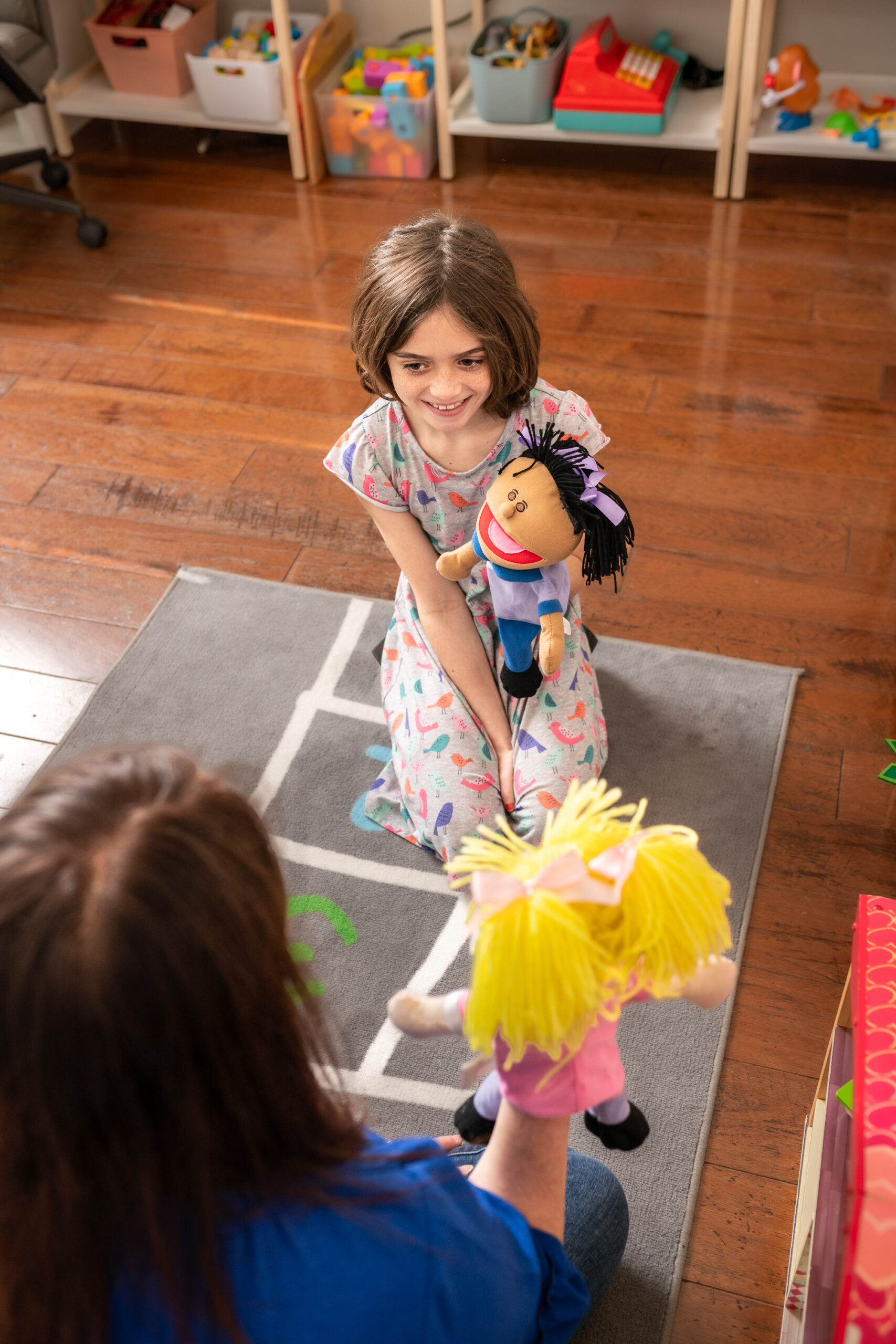One of the most common questions I am asked as a child counselor is, how do I know if my child needs therapy? As a parent, you have your child’s best interests at heart. You want them to grow up to be happy and healthy. Sometimes our children struggle in ways that we don’t know how to fix. You may need a therapist that specializes in children to help them navigate their difficult emotions.
Signs Your Child May Benefit From Counseling
Here are some signs your child may need the support of a child therapist:
Persistent behavioral changes. Kids have difficult days just like adults do. But if you notice persistent changes in your child’s behavior over time, it may be time to seek the help of a therapist. These changes may look like increased anger or aggression, excessive worrying or fears, a substantial increase in tantrums or meltdowns, or a lack of interest in things they previously enjoyed.
Changes in sleeping or eating habits. This may manifest itself in sleep regression, no longer being able to sleep alone, or frequent nightmares. Likewise, if you notice your child has a significant change in appetite, and medical causes have been ruled out, this may be a sign of emotional distress.
Traumatic events. This may involve divorce, death or other significant loss, a natural disaster or other traumatic events. Children often struggle with making sense of these events and may need help processing their feelings in a developmentally appropriate way.
Significant life transitions. This may include things like moving to a new home or school, a new sibling, or other significant life transitions. Your child may experience feelings of sadness, anger, confusion or anxiety related to these changes.
A decline in academics. A sudden change in academic performance or a lack of interest in school may indicate an underlying emotional issue. If your child is complaining that they “hate school”, there may be a concern that warrants counseling or further support.
Difficulty expressing emotions. Children do not yet possess the cognitive skills necessary to verbalize how they are feeling. Instead, their emotional distress may show in their behavior. If your child seems overwhelmed by their feelings, counseling can help them explore their feelings and express themselves in a developmentally appropriate way.
Self-harming behaviors. This may look like cutting, hitting or biting themselves, or other destructive behaviors. This is often a sign that a child is experiencing emotional pain. Children experiencing these feelings need specialized mental health support so they can find healthier ways of expressing their emotions.
Parental Intuition. You know your child best. If something feels off, trust your gut. It is best to speak with a licensed child therapist who can help you determine how to best support your child. This may look like therapy for your child or perhaps some new parenting methods and skills to try with your child.
Finding a Therapist Who Specializes in Child Counseling
If you notice any of these signs in your child, you want a therapist who understands child development and behavior. You want a child counselor who utilizes age-appropriate therapy that helps your child understand their emotions in a way that makes sense to them. Play therapy is an evidenced based form of therapy that is appropriate for children ages 3-12. Remember, you are not alone in this journey. We are here to help. Call us today for a free parent consultation to see if play therapy is the right choice for your child.


